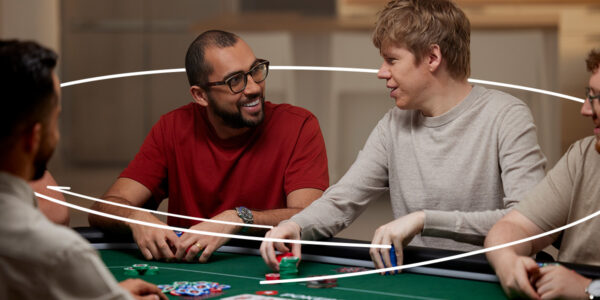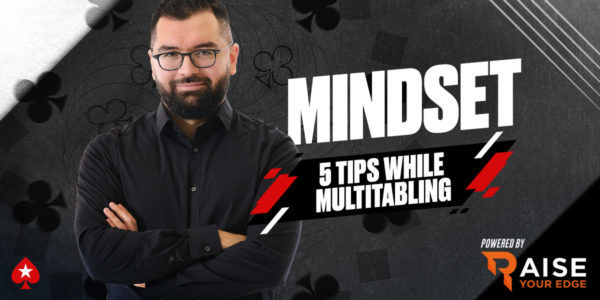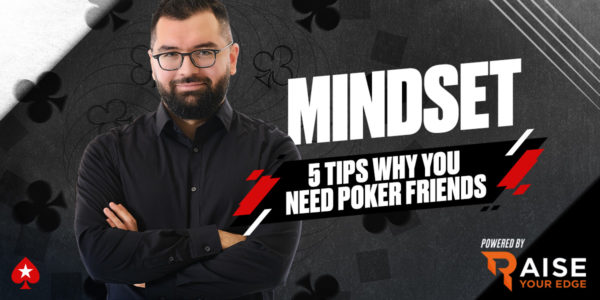Excuses Don’t Get Results – Part 2
In Part 1 we talked about poker players making excuses for their poor results. Why do we have a tendency to do this? Quite simply, it’s easier and protective. We protect our egos, if our failings are someone or something else’s fault we don’t have to take responsibility for them. If we’ve leaks to plug, deeper facets of the game to learn, etc, that’s a lot of work. It’s so much easier just to fire up the next set of games and bemoan our bad luck. But I can promise you this… continue to follow this path of denial and blame, and you will never be a winning poker player. So with that being said, here are some of the more common excuses I hear and why they are flawed.
I’m Unlucky: We’ve already addressed this, but the truth is all players have their share of bad and good luck. We all remember busting that tournament with AA vs. KK all in pre, but we don’t remember as well when we were the ones hitting the K with our KK to crack aces. When we go through an extended run of bad luck, it sure starts to feel like we’re the unluckiest poker player alive… but we’re not. The longer it continues, the more likely it’s our play contributing to our demise and not just bad luck.
I’m in a Downswing/Variance Run: This is a tricky one, because the reality is every poker player goes through downswings as well as upswings. They are legit, which makes it difficult to steer away from using this as an excuse. So how do you avoid making this excuse for your woes vs. simply acknowledging normal variance? I think the length and intensity of the downswing is tangible.
Let’s take a normal, average, “break even” player. They are in the middle of the upswing/downswing chart, experiencing roughly equal amounts of both over their career, illustrated as follows:


Now, a losing player, which is where most of the population falls, their poor play shifts their peg over to the right on this chart, so their poker experience looks more like this:


Whereas a winning player’s peg shifts to the left of equilibrium, and will tend to experience something resembling this:


So assuming everyone experiences roughly similar swings, what’s creating this difference in results above? The skill of the winning player makes the difference. Strong winning players will tend to win more with their winning hands, lose less with their losing hands, tilt less when things go sideways, etc. So while they experience normal variance like everyone else, they make the most of what does come their way and are better at minimizing the damage of the bad times, which results in more sustained successes and shorter downswing periods. The converse of this is also true, losing players (and to be clear, this is easily 90% of the poker playing population) tend to do things that extend losing streaks, like make mistakes and poor plays, tilt more and harder, fail to extract value or cost themselves value with their sub-optimal lines, lose more when beat by being unable or unwilling to get away, etc. This creates an appearance that strong winning players are just “lucky”, while losing players bemoan their bad luck and continue losing. The longer a downswing is lasting, the more likely it is you’re contributing to your own demise. I once had someone tell me they were in a 2 year downswing. For someone who plays regular volume, this is unlikely. It’s much more likely their game is not as good as they think.
Playing good poker is hard work. It takes a lot of study, learning, patience, self-reflection, etc. It also takes maintenance, regular self-review, honesty with yourself about your game and shortcomings, control of your ego, etc. It’s so much easier to blame external forces for our long term woes. But that only frees us up to continue losing, which fuels the cycle of excuses further. Don’t fall into that trap. Because excuses don’t get results. Hard work does.













